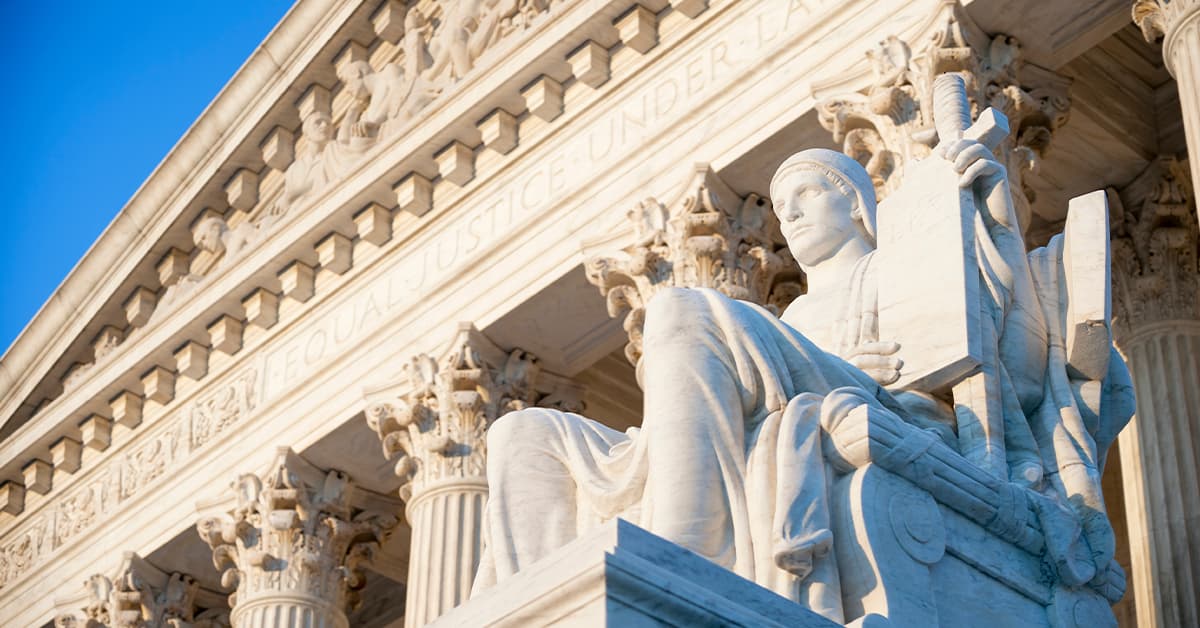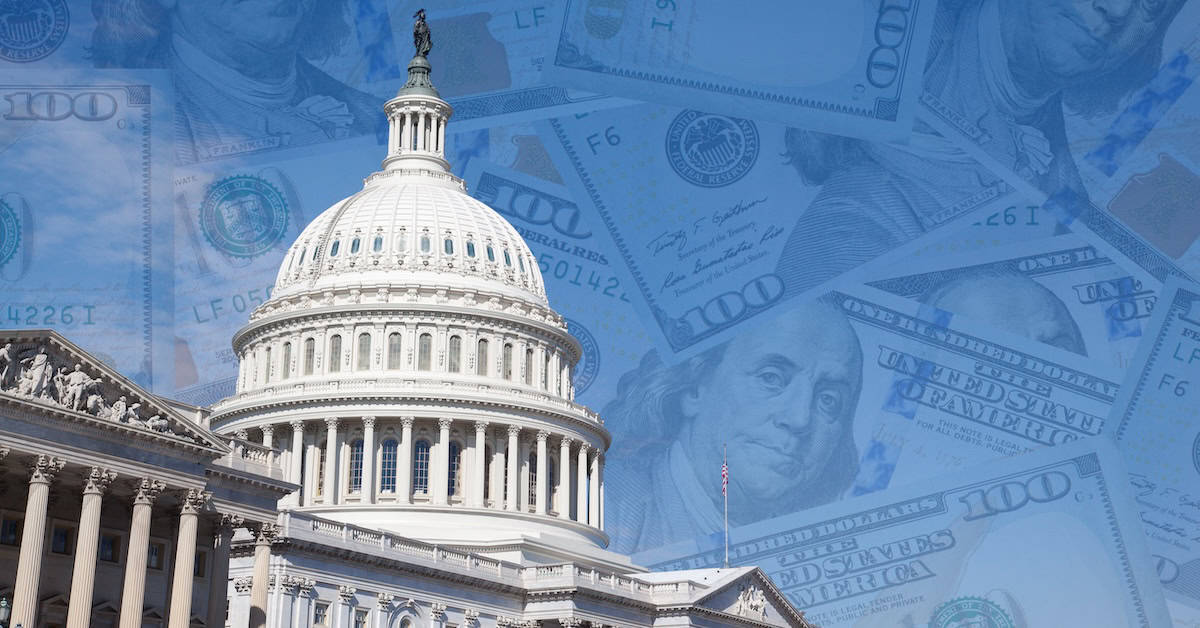There has been much mainstream media attention to a new medical study titled “Acute and post-acute sequelae associated with SARS-CoV-2 reinfection.” Note that post-acute sequelae refer to long COVID symptoms. The coverage likely frightened readers about the high probability of COVID reinfection and serious resulting near and long-term health impacts, notably long COVID problems.
But here are several important aspects of the study that the media did not cover. Afterward, some summaries of the findings are given.
First, the study only included a “Veterans Affairs population which consists of those who are mostly older and male and may not be representative of the general population, our cohorts included 10.3% women, which amounted to 589,573 participants, and 12% were under 38.8 years of age (the median age of the US population in 2021), which amounted to 680,358 participants.” The study participants definitely did NOT in any way mirror the general population; there was a very small fraction of women. And it was an older group because instead of 50% under the median age, there were only 12%. It was also noted that subjects were mostly white.
Second, a careful reading of the article shows that COVID vaccination did not offer health benefits when there was marked COVID reinfection. A more honest story about this study could feature the lack of vaccine effectiveness, but none of the media coverage did this.
Third, for some time, most medical thinking has been that natural immunity resulting from COVID infection is far more effective than vaccine immunity. But this article sends a message that prior COVID infection does not protect against future reinfection. On this point, note that Monica Gandhi, an infectious-diseases specialist at the University of California at San Francisco, pointed to other studies, including one that took a look at 26 studies of reinfections that show they become less severe over time. And another study from Qatar examined patients with different vaccination histories in more comprehensive ways and found that reinfections tend not to progress to severe, critical, or fatal outcomes. Gandhi also said there’s research showing that infection, reinfection, vaccination, and boosting broaden and diversify components of the immune system that may make people “better able to respond to the newest subvariants as we continue to live with covid-19.”
Keep all three points in mind when you read media stories and the new study itself; here are some excerpts from it.
“infection with severe acute respiratory syndrome coronavirus 2 (SARS-CoV-2) is associated with increased risk of acute and postacute death and sequelae in various organ systems.”
“The risks were most pronounced in the acute phase but persisted in the postacute phase at 6 months. Compared to noninfected controls, cumulative risks and burdens of repeat infection increased according to the number of infections.”
“The evidence shows that reinfection further increases risks of death, hospitalization and sequelae in multiple organ systems in the acute and postacute phase. Reducing overall burden of death and disease due to SARS-CoV-2 will require strategies for reinfection prevention.”
This too was found: The median time between the first and second infection was 191 days. Compared with people who experienced only one infection, those who were reinfected had a twofold increased risk of death, threefold increased risk of hospitalization, twofold increased risk of long covid, threefold increase in risk of heart problems and blood clotting disorders, and twofold increased risk of fatigue.
“The risks were evident in those who were unvaccinated and had one vaccination or two or more vaccinations before reinfection.”
Besides pushing vaccination the study concluded “Other pharmaceutical and nonpharmaceutical interventions to lessen both the risk of reinfection and its adverse health consequences are also urgently needed.” But no consideration was given to, for example, ivermectin and vitamin D. Indeed, it appears that the study did not determine whether participants used such medicines as part of a strategy to stay health and avoid COVID infection and reinfection.
“Getting it a second time is almost like you’re trying your chance again with Russian roulette,” said Ziyad Al-Aly, one of the study authors. “You may have dodged a bullet the first time, but each time you get the infection you are trying your luck again.”
Final thought: Not all published medical studies merit your attention; and mainstream media stories that work hard to instill fear in the public as one way to push vaccination should not be trusted.

























